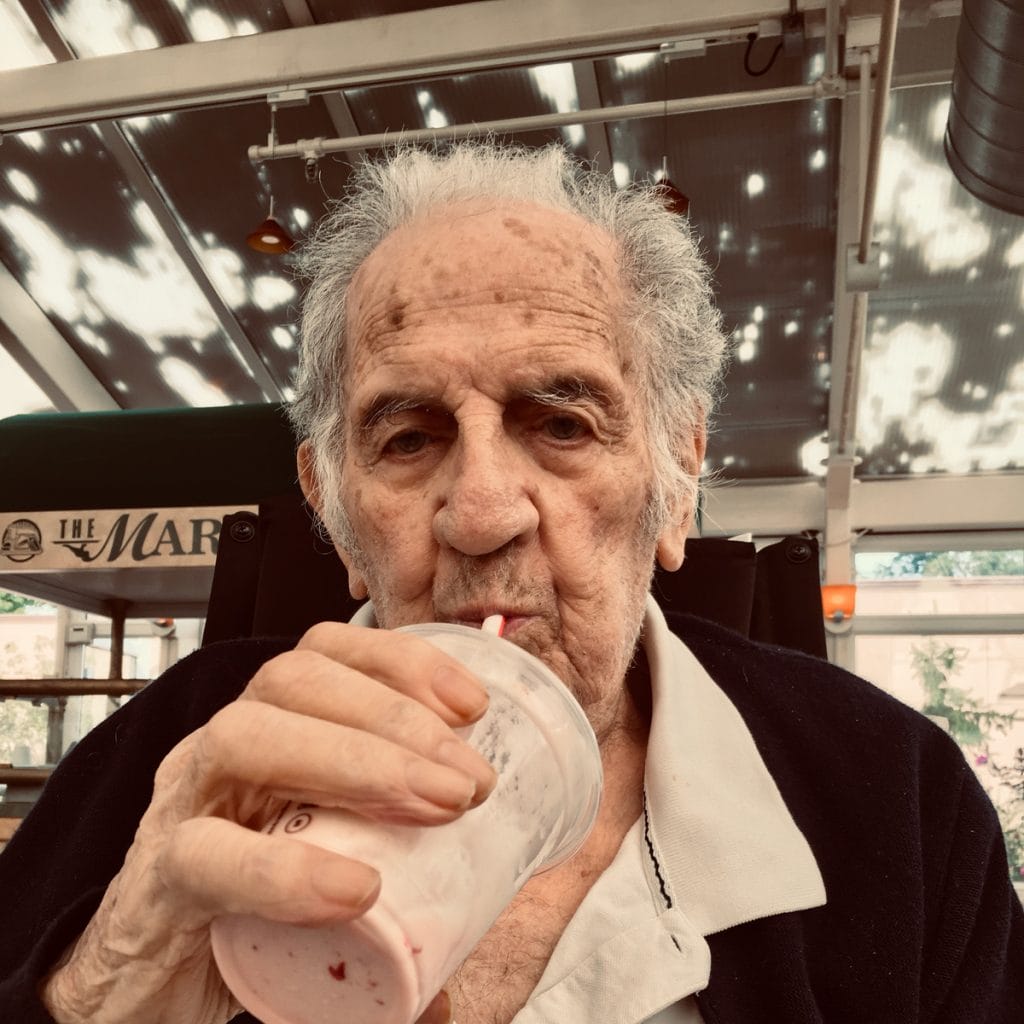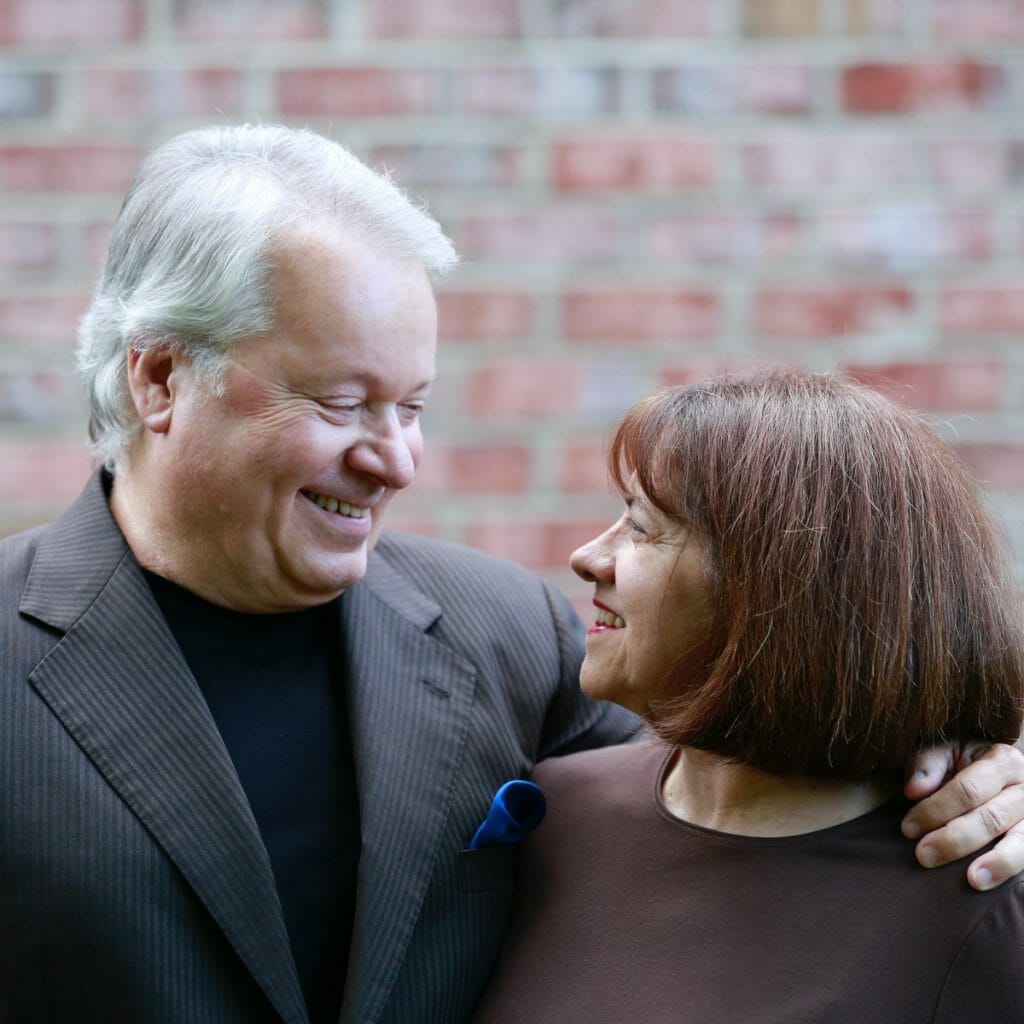Why is there No Map for Our Grief?
When my husband died, I wanted to find or have someone tell me what to do. Someone, please give me a map for grief, if you find one.
First of all, there is no map for grief. The mechanics of changing names on accounts, planning the service, getting copies of the death certificate, and a never-ending stream of first action items are mindless. Indeed, there’s a map to make overwhelming, often paralyzing emotions coming from anywhere, anytime, usually anyone, stop.
At the time, I wanted the unbearable pain to stop or not be there every minute of every day. Instead, there were more issues to show up around Marty’s, my husband of 47 years, unexpected death.
Goodbye, dad.
In October 2016, my dad, Mike, fell and was admitted to the hospital. Even with surgery and a rehabilitation stay, after 2 1/2 months, dad died at 92, at home.
My husband’s support was a lifeline for me. He loved my dad too. They often spoke about warplanes. Each of them served in a war of their time – World War II for my dad and the Vietnam War for my husband.
Doctors told my husband and me to start planning for hospital discharge.
My husband’s routine hip surgery had unintended consequences. On the tenth evening home, Marty could not breathe. My call to 911 was automatic. I matched the ambulance route to the nearest hospital nearby.
After 3 days in a small hospital branch unsuccessfully treating him, a helicopter airlift took him to a hospital with full pulmonology, cardiology, diabetes, and cancer team available. For 6 weeks, prayers came in from everywhere. Family, people in my husband’s long successful career, friends, and my church would text or post on his Facebook page.
Finally, a break. The cardiac critical care unit released my husband! The staff gave us a list of rehabilitation facilities to inquire about a 3-month stay. We were beyond joy with the news.
Until now, the doctors talked with optimism. The new lead doctor asked me 3 hours into my unknown last daily visit with him, “Ms. Weber, do you know what your husband’s directive says?” Did I hear correctly? While I knew what I was hearing, I didn’t want to listen. My husband was a fighter, so just do not tell me, doctor, that you are giving up!
With little presence of mind and like a robot, I called my attorney. Actually, I knew the directive was to disconnect all his life-sustaining pieces. I didn’t want to believe this was the point. It’s a call no one wants to make.
Within a minute, my attorney said, “You must say what you know to the doctor.” I told the doctor. As my mind heard me say this, a command came out of my mouth behind a flood of tears. I was demanding what at the time felt like an out-of-body experience. I heard and saw myself say, “I have to lay down with him! You have to clear the room of people and let me just be on his bed with him! Me alone!”
Suddenly, I was unaware of the presence of many medical people. So, it seemed about 10 or 15 minutes for me to hear the lead doctor say, “Call time of death, 1:46 pm.” At that moment, my mind went quiet. I laid my head on his chest, still holding his body close to me, with tears streaming. Then, my body stiffened, and without any prompting, a robot took over my presence.
Within a day, I focused on the administrative changes almost when Marty died. Cold, numb, and impassionately, my list of tasks when someone dies was in front of me daily.
Be grateful every day if you had time to say goodbye to each other in a way other than this. Journal these feelings, thank God for this.
What? Wait, what did she just say about mom dying?
Soon, 10 days after Marty died, my youngest sister telephoned me. She said, “The long-term care people are saying family who wants to be here needs to be here, now. Mom is dying.”
When she repeated what she said, her words did not change.
Thankfully, my son was still at my home with me. The two of us flew together to another state to be with my mom, Agnes. She died, age 90, two weeks after my husband.
Help me God!
Occasionally, if someone suggested there would be a “new normal”, I bristled. In my head, I screamed, “No! no no no!”
In particular, only my cerebral thinking side remained. I threw myself into and at activities: grief groups, books, meditating, journaling, yoga, and praying. I believe God would tell you, even my screaming, wailing, and yelling “I hate you” to God throughout the day is actually some kind of weird prayer.
Soon, one of my long-time friends, who to this day is my webmaster, asked me if I could think of this time as a season. I paused, and we talked. The word season might work for me. With that perspective, a teeny piece of my heart wanted to feel better.
I mean how do you pick up all those uncountable broken pieces?
Can you relate to the dynamics of your change in connections?
My pummeling season officially was 10 months. Still, 3 1/2 years later, I am on anti-depressants, and my people network continues to change. Right now, mine is still family, a handful of old friends, and a fair amount, but mostly, other widows and widowers.
All of us here, know the pain. There’s that expression that often plays in my mind:
“You won’t get over it, you won’t get through it, but somehow you find your way.”
My grief counselor told me something to help me in an early session in 2017. And when she spoke her wisdom, how to begin my movement forward became clear. But, I’d be making my own map. Next week, “Laughter is On The Way…Somewhere.”



